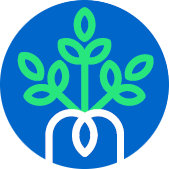
Minka international
Support network for sustainable family farming
We are a network of organisations of different natures: international NGOs, farmers'
organisations, cooperatives, sharing a common vision of sustainable foods systems and the
ambition to support family farming.
Founded in 2020 after more than 2 years of reflection between partners, the Minka network
is now composed of 9 members from 3 continents: Africa, America and Europe.

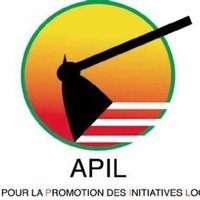
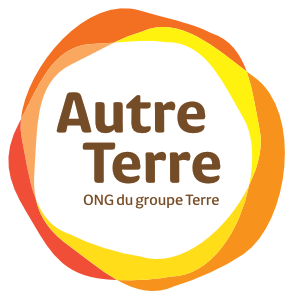
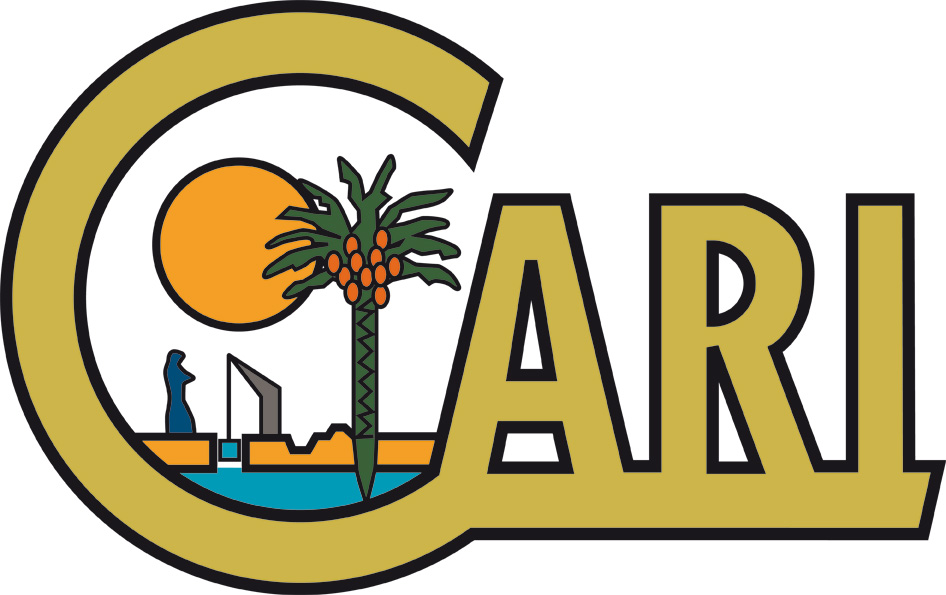


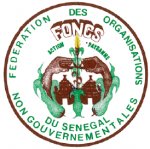


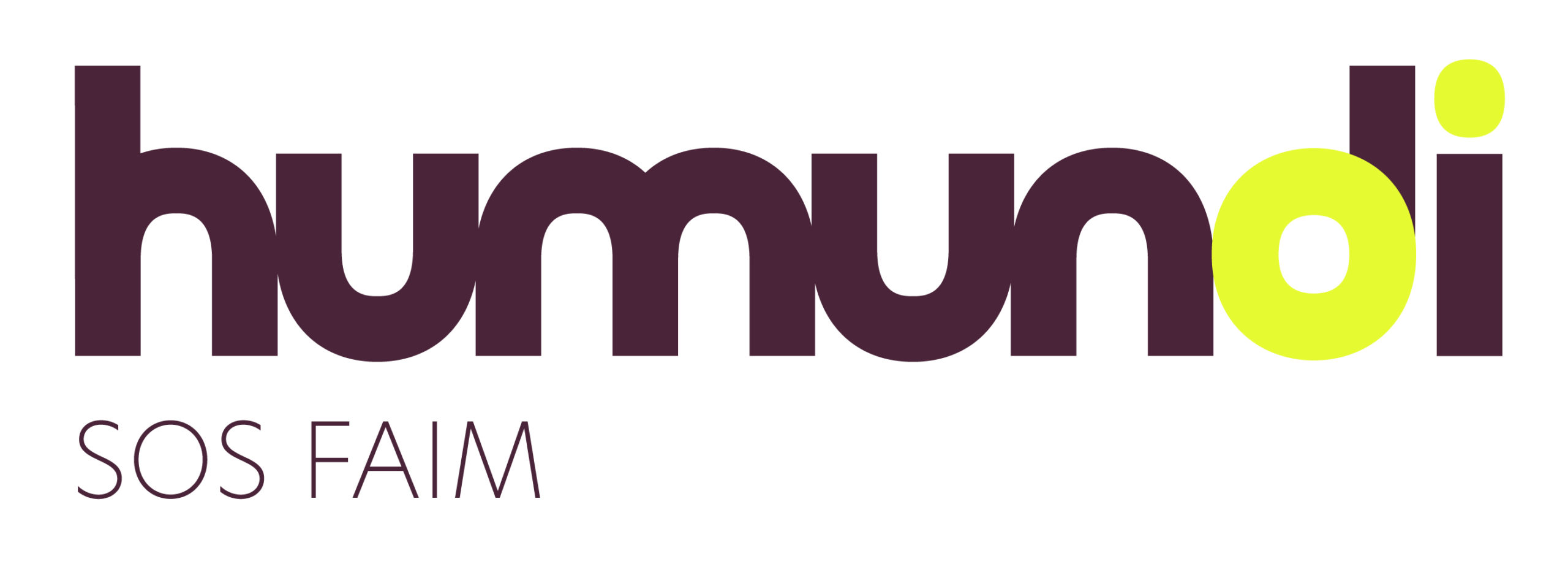
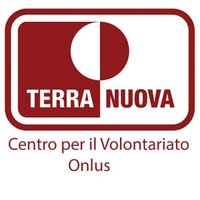
Minka International gathers 9 institutions from the North and the South sharing this common vision of sustainable family farming, agroecology and food sovereignty.
Following the definition used by the FAO, it is a food system that delivers food and nutrition security for all in such a way that the economic, social and environmental bases to generate food and nutrition security for future generations are not compromised. This means that:
Corresponds to an agricultural production system managed by a family (both women and men) and committed to the sustainable development of people and the planet. These farms include economic, environmental, social, reproductive and cultural functions.
Corresponds to a production system based on the functionalities offered by ecosystems. In other words, nature can be considered the primary factor of production. The objective is to reduce the pressure on the environment and thus preserve natural resources as much as possible.
Corresponds to the right of people to be able to make their own strategic decisions and agricultural and food policies, to ensure their food security.
As of 2018, 9 civil society organizations considered creating a common network that would allow them to participate in collective actions aimed at multiplying their influence and impact on policy and operational levels
Mutual capacity building and capitalisation of North-South-East-West cross experiences
between members.
Advocacy for sustainable food systems and family farming
The development and implementation of joint project proposals in favor of family farming and sustainable food systems with activities that revolve around the assembly, writing and submission of projects, etc.
The development of specific expertise on two key topics:
Networking of members, notably through working groups, to facilitate synergies, develop and support joint projects and provide specific technical support as required.
Please do not hesitate to contact us